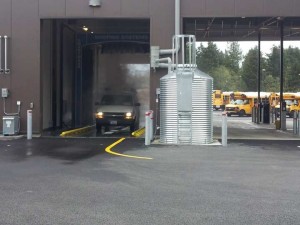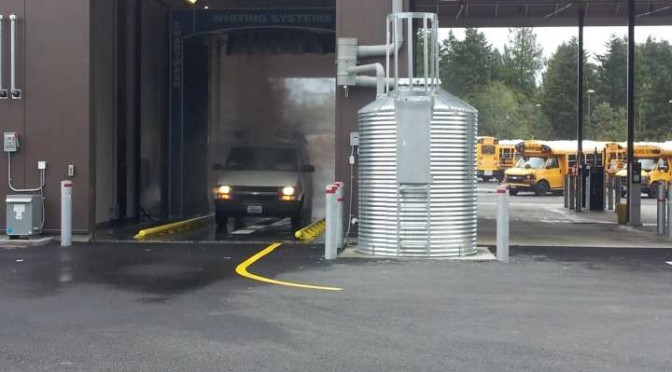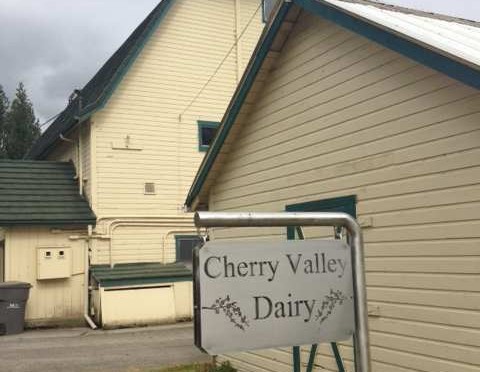 With less vegetation, more square footage of impervious surfaces, and more population density, cities contribute to the bulk of storm water runoff. Rethinking how we control storm water in our urban environments is essential to the health of our bodies of water. During large rain events, a sewer system can be overwhelmed with runoff, causing intentional releases, with pollutants entering our rivers, lakes, bays, and estuaries.
With less vegetation, more square footage of impervious surfaces, and more population density, cities contribute to the bulk of storm water runoff. Rethinking how we control storm water in our urban environments is essential to the health of our bodies of water. During large rain events, a sewer system can be overwhelmed with runoff, causing intentional releases, with pollutants entering our rivers, lakes, bays, and estuaries.
The use of on site infiltration is mandatory for new construction, along with other practices such as swales along our roads rather than raised medians. Green roofs, green areas within our cities and the use of rainwater collection all have a positive impact on storm water runoff. Common sense approaches to storm water within our cities is crucial to the health of our environment.
Rainwater collection for commercial construction and residential not only helps mitigate storm water run off, but also helps protect our water supplies by using rain water for irrigation, toilet facility, and other uses. The city of Federal Way in Washington state implemented rainwater collection for its new school maintenance facility by using rainwater for school bus wash down during the school year, and during the summer uses the collected water for irrigation.



 RainBank Rainwater Systems has been retained to design and build a rainwater collection system for
RainBank Rainwater Systems has been retained to design and build a rainwater collection system for